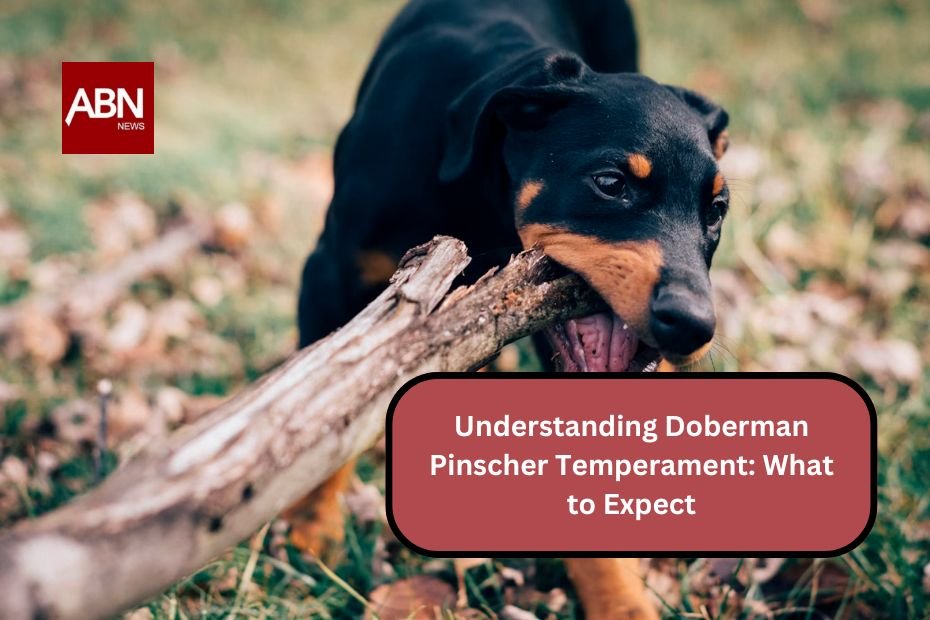Doberman Pinschers are renowned for their distinct temperament, which combines loyalty, intelligence, and protectiveness. Understanding their temperament is crucial for potential owners to ensure a harmonious relationship with these remarkable dogs. Here’s what to expect when it comes to Doberman Pinscher temperament.
1. Loyalty and Affection
Doberman Pinschers are exceptionally loyal to their families. They form strong bonds with their owners and are known to be affectionate companions. This loyalty often translates into a protective instinct, making them vigilant guardians of their household. They thrive on companionship and can experience separation anxiety if left alone for extended periods, highlighting the need for consistent interaction and engagement with their family members.
2. Intelligence and Trainability
One of the standout traits of Dobermans is their intelligence. They rank among the top dog breeds in terms of trainability, which means they can learn commands quickly and effectively. This intelligence requires mental stimulation; otherwise, they may resort to destructive behaviors out of boredom. Early training and socialization are essential to harness their intelligence positively and prevent behavioral issues.
3. Protective Nature
Originally bred as guard dogs, Dobermans have a natural instinct to protect their families. They are alert and will respond promptly to perceived threats without displaying unnecessary aggression. While they can be wary of strangers, proper socialization helps them differentiate between normal situations and genuine threats, reducing the likelihood of excessive suspicion or aggression towards guests.
4. High Energy Levels
Doberman Pinschers are energetic dogs that require regular exercise to maintain their physical and mental health. They thrive in active households where they can participate in various activities such as running, playing fetch, or engaging in dog sports like agility or obedience training. Without adequate exercise, they may become restless and exhibit undesirable behaviors.
5. Sensitivity
Despite their strong appearance, Dobermans are sensitive dogs that respond well to gentle training methods. They do not tolerate harsh treatment or teasing; instead, they flourish under positive reinforcement techniques that build trust and confidence. An effective training approach involves calm leadership and consistency to help them feel secure in their environment.
6. Socialization Needs
Early socialization is crucial for Doberman puppies to develop into well-rounded adults. Exposure to different people, environments, and experiences during their formative months helps them become more adaptable and less fearful of new situations. Puppy kindergarten classes and positive interactions with various stimuli can enhance their social skills and reduce the risk of developing anxiety or aggression later in life.
7. Playfulness
Dobermans retain a playful demeanor well into adulthood, often exhibiting puppy-like behavior until they are three to four years old. This playfulness makes them enjoyable companions but also necessitates ongoing engagement through games and activities that challenge both their bodies and minds.
8. Potential Challenges
While Doberman Pinschers generally have stable temperaments, some may exhibit dominant tendencies towards other dogs or strong prey drives towards smaller animals. These traits can be managed with early socialization and consistent training but require attentive ownership to ensure positive interactions with other pets.
Conclusion
Understanding the temperament of Doberman Pinschers is key to fostering a loving and balanced relationship with these remarkable dogs. Their loyalty, intelligence, protectiveness, and high energy levels make them exceptional companions when provided with proper training, socialization, and exercise. With commitment from owners to meet these needs, Dobermans can thrive as devoted family members that bring joy and security into any home.
| HOME | CLICK HERE |
| CATEGORY | CLICK HERE |

